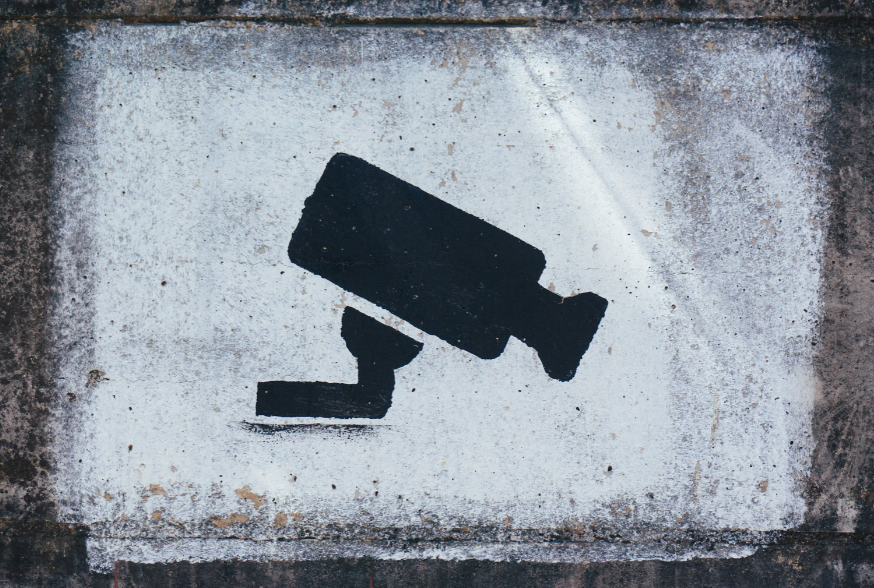Uncommon Cyber and Physical Security Measures for Your Business That You Need

As the world becomes increasingly digital, cyber and physical security measures are becoming more important than ever before. With the rise of cybercrime and physical security threats, businesses need to take proactive steps to protect their assets and employees. While many businesses have implemented basic security measures such as firewalls and security cameras, there are a variety of uncommon security measures that can help to further secure your business.
- Cyber Security Measures
- Physical Security Measures
- Integrating Cyber and Physical Security
- Conclusion
Cyber Security Measures
Protecting a business’s digital assets is critical to prevent data breaches and cyber attacks. Here are some uncommon cyber security measures that your business can implement:
- Two-Factor Authentication (2FA): This security measure adds an additional layer of protection to your login process by requiring a second form of identification, such as a fingerprint or a code sent to your phone, in addition to your password. Making it harder for hackers to gain access to your accounts.
- Virtual Private Network (VPN): A VPN encrypts your internet traffic and hides your IP address, making it harder for hackers to intercept your data. It’s especially useful for employees who work remotely or use public Wi-Fi networks.
- Password Manager: Using a password manager can help your employees create strong and unique passwords for all their accounts. This reduces the risk of password-related security breaches and saves time by eliminating the need to memorize multiple passwords.
It’s important to note that cyber security is an ongoing process, and businesses should regularly update their security measures to stay protected against new threats.
Physical Security Measures
Physical security measures are an essential aspect of protecting a business’s assets and employees. These measures can include access control, surveillance, and uniform destruction.
Access control systems can help prevent unauthorized individuals from entering restricted areas of the business. This can be achieved through the use of key cards, biometric scanners, or other similar technologies. These systems can also be used to monitor and track employee movements within the business premises.
Surveillance systems can be used to monitor and record activities within the business premises. These systems can include CCTV cameras, motion sensors, and alarms. These systems can help deter criminal activity and provide valuable evidence in the event of a security breach.
Uniform destruction is a process of destroying items containing sensitive information or proprietary data. This can include uniforms, ID badges, and other items that can be used to gain unauthorized access to the business premises. Uniform destruction can be achieved through shredding, incineration, or other similar methods.
Implementing physical security measures can help protect a business from theft, vandalism, and other criminal activities. It is essential to ensure that these measures are regularly reviewed and updated to ensure their effectiveness.
Integrating Cyber and Physical Security
Integrating cyber and physical security measures is essential for any business that wants to protect its assets and data. Cybersecurity is no longer limited to just protecting digital assets, and physical security is no longer limited to just securing physical infrastructure. The two must work together to provide a comprehensive security plan.
One way to integrate cyber and physical security is to implement access controls that require both a physical key or card and a password or biometric authentication. This ensures that only authorized personnel can access sensitive areas or data, and that any attempts to gain unauthorized access are detected and prevented.
Another way to integrate cyber and physical security is to implement a security operations center (SOC) that monitors both physical and digital security systems. This allows for a centralized location for monitoring and responding to security threats, and ensures that any incidents are quickly detected and addressed.
Additionally, businesses can implement security policies and procedures that address both cyber and physical security. This includes regular security training for employees, regular security audits, and incident response plans that address both cyber and physical security incidents.
By integrating cyber and physical security measures, businesses can ensure that they have a comprehensive security plan that protects their assets and data from both digital and physical threats.
Conclusion
In today’s world, the need for cybersecurity and physical security measures has become more important than ever before. As technology advances, so do the methods used by cybercriminals to target businesses and individuals. Therefore, it is imperative that businesses implement uncommon security measures to protect their assets.
One such measure is the use of biometric authentication, which provides a more secure way of verifying a person’s identity. This can include fingerprint scanners, facial recognition software, or even voice recognition. By using biometric authentication, businesses can ensure that only authorized personnel have access to sensitive information and areas.
Another important security measure is the implementation of physical security barriers. This can include reinforced doors, security cameras, and even bulletproof glass. By implementing these measures, businesses can deter potential intruders and prevent unauthorized access to their premises.
In addition to these measures, businesses should also regularly update their security protocols and conduct thorough security audits. This can help identify any vulnerabilities in their systems and prevent potential security breaches.
Overall, implementing uncommon cybersecurity and physical security measures can help businesses protect their assets and prevent potential security breaches. By staying ahead of the curve and being proactive in their security measures, businesses can ensure the safety of their employees and customers, as well as their reputation and financial well-being.
